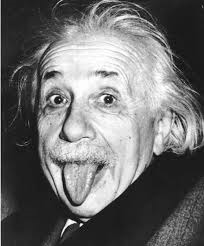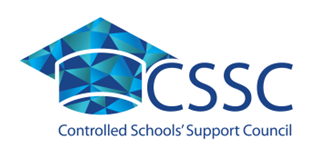Physics GCSE
Physics at GCSE level currently follows the AQA specification. A brief outline of the topics covered in the GCSE course is given below:
- Forces and their effects (including momentum, elasticity, circular motion, moments, energy, hydraulic pressure)
- Waves (including electromagnetic spectrum, ultrasound, reflection & refraction, lenses and redshift)
- Heating processes (including kinetic theory, energy transfer, efficiency and insulation)
- Electricity (circuits, electrical energy and the national grid)
- Motors, generators and transformers (including motor effect, generator effect and transformers)
- Nuclear physics (including atomic structure, radiation, fission and fusion)
There is a controlled assessment element to the GCSE course which in centred on a practical investigation. Pupils are required to carry out experimental laboratory work which is then assessed by two written papers. This is carried out early in Y12 and is worth 25% of the final GCSE mark. The skills required are practised during the practical sessions that form a key element of the delivery of the GCSE course.
The online revision site linked below has a range of GCSE revision material much of which can be accessed without subscription:
https://www.gcsephysicsonline.com/aqa
Careers and Further Study
The GCSE specification provides an engaging and academically challenging course for our pupils, through which we will study a wide range of topics relevant to life in the 21st century. This will provide opportunities to increase knowledge and understanding of physics as well as establishing a solid foundation of transferable skills that will be of benefit in the years ahead regardless of the subjects being studied.
GCSE Physics is a requirement for those wishing to study medicine or dentistry at university. It is also essential for many veterinary science courses. Physics is also either necessary or highly desirable for most branches of engineering. In addition, physicists find employment outside their subject in areas such as accountancy, architecture, aviation, broadcasting, computing, law, management and many other fields.
This subject is studied at Advanced Level with an AS course in Year 13 and an A2 course in Year 14. In recent years many A-Level students have gone on to study physics or a physics related course at university.
Learning Resources
Students can access all learning materials from outside of school by logging into MySchool using their C2K Username and Password at the following location: https://ids.c2kschools.net/nidp/app
They can then navigate to:
My Files\ MemberShare\Subjects\Physics\Students\
Where they will find notes and additional resources in folders set up by their respective teachers.
Useful Websites
BBC GCSE Bitesize: https://www.bbc.co.uk/bitesize/examspecs/zsc9rdm
Y12 Exam Board Resources: https://www.aqa.org.uk/subjects/science/gcse/physics-8463

